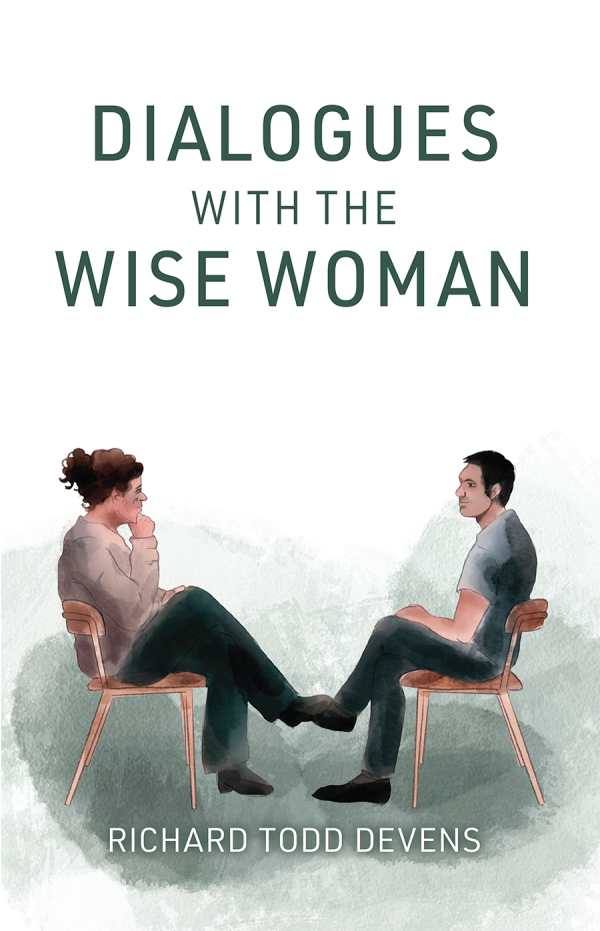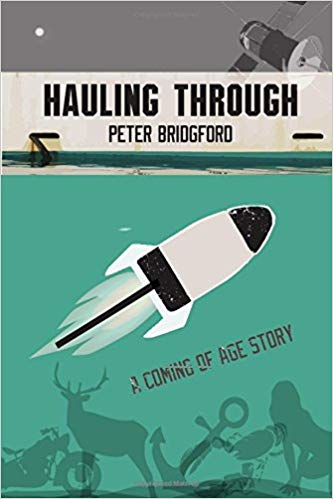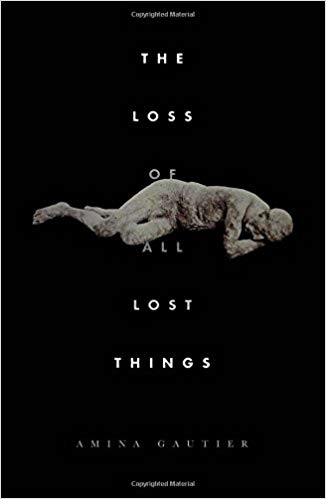Dialogues with the Wise Woman
Not every philosophy lover enjoys fiction, and not every fiction fan reads philosophy. While you may fall on either end of the spectrum or read both intellectually stimulating nonfiction and fiction, Richard Todd Devens’ Dialogues With the Wise Woman provides an opportunity to learn from engaging fictional debates about diverse philosophical themes. It is, in short, psychological and philosophical knowledge presented in a fictional book. Instead of long, complicated writings, you get a light and entertaining narration that follows fascinating conversations involving smart thinkers and knowledge seekers.
George Sistern, one of these knowledge seekers and a main character from the book, is a single forty-six-year-old pianist who suffers from depression because he regrets falling for a fraud perpetrated by a Las Vegas con artist. His suffering becomes so obvious that an acquaintance refers him to Mildred, a compassionate and motherly therapist who thinks that using both psychology and philosophy may lead a person to make better rational judgments. Seeing Mildred proves to be a significant event for George, as they address his numerous issues and collaborate to restore his desire to make the best of life. Together, they examine what causes pain, using convenient amnesia as a tool for recovering from painful experiences, achieving goals, creating art and music, overcoming self-imposed limitations, unhealthy comparisons, religion, morality, the criminal justice system, time consciousness, how telling the truth can appear unnecessary, happiness, and more.
At first, George is a little cautious and reserved, but he slowly lets his guard down and allows Mildred to know his darkest secrets. They start by discussing his gambling experience before moving on to other issues. The book also includes a heated debate involving other individuals, interesting anecdotes about Mildred’s other clients, and warm exchanges with friends. Additionally, it has several instances of dialogues concerning past encounters and events. When they’re not discussing previous events, the characters are talking about emotions, abstract notions, philosophies, and mindsets. Several professionals and notable achievers are also highlighted in the book, including sports legends and famous pianists from the past and present. The book’s themes include gambling, dating, deception, therapy, despair, abuse, self-confidence, philosophy, and psychology, among others.
As the title suggests, Dialogues with the Wise Woman is filled with conversations, which usually take place between the two main protagonists. Several emotions are portrayed during these conversations, including the pleasure of gambling in Vegas, the dread and sadness of losing to a scammer, kindness, rage, and even rivalry.
From the amount of money committed to the confrontational negotiations, Richard’s attention to detail when it comes to the protagonist’s recollections about his gambling and some other issues guarantees that the reader has an immersive, lifelike experience. It was easy to envision myself in the same circumstances and to imagine the steps I would have taken to reduce my risk of being swindled. I found it amusing that a character who calls herself the Poker Queen is asked why someone who is good at poker needs other people’s money. It’s even more hilarious that she ultimately persuades George to give her money, despite her lack of finances and admission to being addicted to slot machines. Addict or not, if you claim to be a good money multiplier and don’t have money of your own, I would be very skeptical.
The story’s several engaging dialogues present a wealth of insightful concepts and conundrums that will lead the reader to reflect deeply and gain new understanding. Several concerns are addressed in a way that casts fresh light on certain topics. Furthermore, the book is filled with quotable lines and thought-provoking queries that plant seeds of knowledge and empower readers to draw their own conclusions—or, at the very least, have an open mind—about the topics covered. I came upon a number of wise words that seemed to illuminate parts of my brain that had been dormant. I liked the line about how “we often hurt ourselves more than our perpetrators could have” when we are not physically injured or the victim of a violent crime. It reminded me of the moments I spent thinking about someone’s unpleasant actions, and it made me recognize how pointless and unproductive that type of activity is.
Mildred is not just a brilliant and clever character academically. She is also unmistakably kind, accepting, and loving. I felt like I could chat with her without feeling self-conscious or like a stranger. Mildred telling George he can talk to her about the things he is embarrassed to reveal is one moment that reflects this. Here, she doesn’t blame him for any of his ridiculous actions. She also makes herself available anytime he requires her assistance. She does, however, exhibit aggressive characteristics at times, which is especially visible in a public debate with a highly devout and close-minded professor. This allows readers to perceive her as flawed and relatable, as conversations regarding controversial themes like America’s justice system are likely to be heated in real-world settings.
Devens’ words are typically beautiful, intellectually fascinating, and vividly descriptive. The discussions provide an opportunity to learn how to look at things from multiple perspectives and to investigate contradictions, inconsistencies, and exceptions in various philosophies. For example, rather than simply stating that self-directed negative assessment is always wrong, Mildred makes a point of noting that it is inconsequential in matters of minor concern to her, such as admitting she is a terrible cook and golfer. Mildred also mentions “witnessing full rainbows on mountaintops at dawn” and savoring “the smell of the air, the miraculous panoramic views, and the feeling of being one with nature” when discussing happiness. This was one of my favorite paragraphs.
The book’s most obvious flaw, for me, is its disjointed events and themes, including public debates, gambling, piano playing, dating, and more. The casino scene (which I enjoyed) and some of the characters involved are switched for less exciting sequences that do not fit the thrilling mood of the risks associated with gambling in casinos. Furthermore, the only sustained relationship in the novel is between George and Mildred, and the other relationships in the book (such as Mildred’s relationship with her husband) are quickly forgotten.
Because some controversial issues are covered, the book may alienate some readers. However, many of these arguments are seen from two opposing angles, which might decrease their propensity to offend the reader. For example, one character advocates harsh punishment for offenders, whilst another believes that the purpose behind the crime a criminal commits should be investigated before taking such acts or imprisoning them.
I couldn’t help but think that the opinions of the two major protagonists, George and Mildred, correlate with the author’s perspectives, though the author claims in the book’s first pages that the objective of producing a philosophical fiction is to be free to explore many ideas and allow the reader to draw their own conclusions. I realize I may be wrong, but I couldn’t shake the feeling, especially during their discussions about religion and politics—such as Joe Biden’s opinion of himself.
Though a narrator distinct from the characters seems to recount the narrative, no distinguishing qualities or traits are assigned to the narrator. As a result, the tale is viewed from an all-encompassing, impersonal perspective. Furthermore, the book’s third-person style adds to this circumstance. As a result, I had the impression that I understood more about some of the events and people than the characters themselves. The first few pages illustrate my point. While George only gets a quick introduction to Mildred, the reader learns about her educational history, occupation, and client arrangement. I looked forward to George’s meeting with her after reading about how impressive her work is.
Fans of classical music and piano enthusiasts will appreciate the insightful comments made about various pianists, such as the distinctions between Artur Schnabel and Simon Barere. Schnabel is reported to be more concerned with the structure and emotional significance of the pieces he performed, whilst Barere is considered a brilliant technician who played accurately and quickly.
Apart from classical music aficionados, Dialogues with the Wise Woman will appeal to readers who enjoy philosophical fiction that ignites intelligent thoughts. It contains various conundrums and ironies that will keep the reader entertained long after the book is done. It may not appeal to core fiction aficionados, though, because its fictional components are not prominent. As Socrates once stated, “The only good is knowledge, and the only evil is ignorance.” Since I love novels that make me think deeply and open my mind to new possibilities, I liked that the book paints a realistic picture of how seeing things from a different perspective can be gratifying and freeing.
Dialogues with the Wise Woman is an amazing book that incorporates principles that I feel everyone should have, such as discussing challenging beliefs, listening, and asking uncomfortable questions. It teaches readers to investigate things and embrace an all-encompassing perspective that brings about rising above restrictive beliefs. It’s not your typical narrative, but it offers a lot of value in a compact package.
| Author | Richard Todd Devens |
|---|---|
| Star Count | 4/5 |
| Format | eBook |
| Page Count | 159 pages |
| Publisher | Gatekeeper Press |
| Publish Date | |
| ISBN | 9781662933219 |
| Bookshop.org | Buy this Book |
| Issue | March 2024 |
| Category | Popular Fiction |
| Share |






